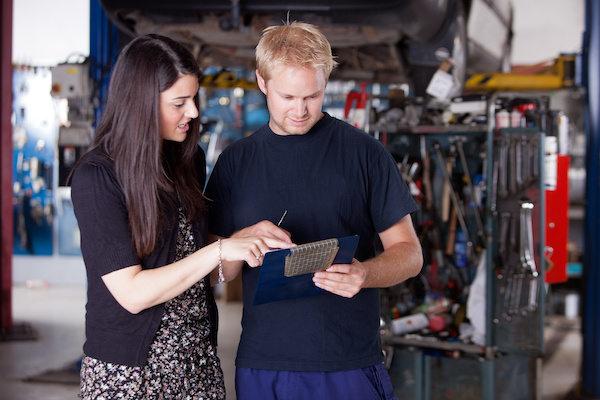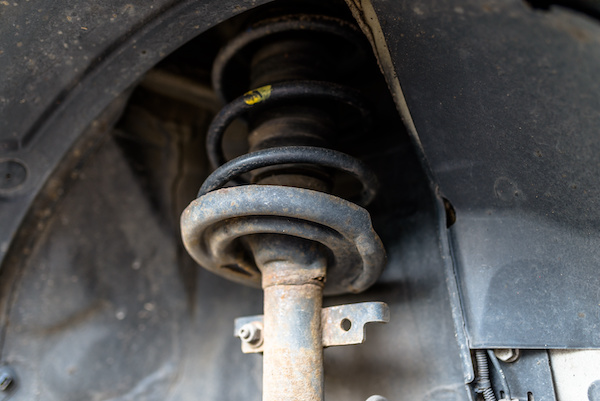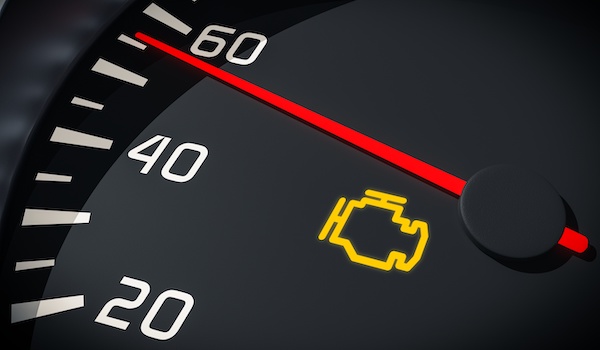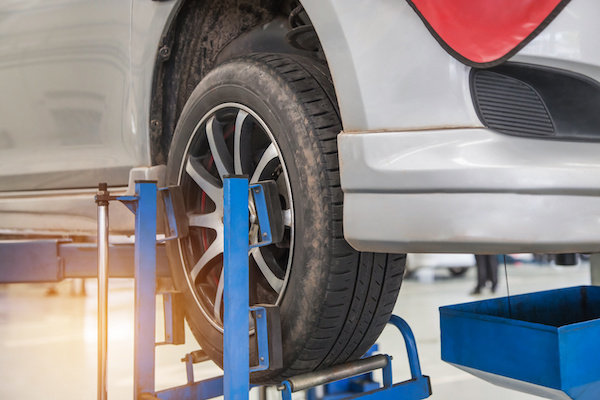Posted on 12/23/2022

If you ever notice a nasty smell coming from your car like rotten eggs, it can be an indicator of a few possible issues. Here are five common culprits that could be causing that nasty smell in your car: Bacteria: Over time, bacteria can buildup in the air conditioning system and cause it to emit a nasty, rotten egg smell. This is often caused by a buildup of bacteria in the evaporator coil, or because of condensation in the drain pan. Not only is the smell unpleasant, it can also be a sign of a much bigger problem. If you do detect a foul odor, have it serviced right away. The earlier you address the problem, the better! Leaks in the exhaust system: One of the warning signs of an exhaust leak is a sulfur smell that's similar to rotten eggs. This smell is actually created by the sulfur dioxide in the exhaust fumes. An exhaust leak can cause the car to run less efficiently, leading to increased fuel consumption and a decrease in performance. In some cases, it can even cause your c ... read more
Posted on 11/29/2022

If you are planning to buy a pre-owned vehicle anytime soon, but aren't sure whether you are getting a bang for your buck, a pre-purchase inspection may help. The beauty of a pre-purchase inspection is that it can help you avoid buying a lemon (aka getting scammed)! To maximize every dollar you spend, we welcome you to Marc Yount's Tire Pros for an honest and thorough assessment of the vehicle you are eyeing. There are generally 3 main portions of every pre-purchase inspection. They include: Part #1 - Digital Diagnostic A pre-purchase inspection will include a complete vehicle diagnostic inspection. Your auto mechanic will not only use our eyes and expertise, but we will utilize the latest technology and diagnostic scan tools to give you a crystal clear, inside-out picture of the vehicle's true condition. Part #2 - Physical Checks Next, your trusted technician will physically inspect the parts of the vehicle that can’t necessarily be scanned by ... read more
Posted on 10/31/2022

There are car repairs that are more urgent than others. Bad suspension, worn-out shocks, and struts are unsafe for driving. Most people lack information on the signs of worn-out shocks and struts. In case of worn-out signs, you should address the matter immediately to avoid recurring. Whenever you continue driving with worn-out shocks and struts, you may get used to them to an extent you can no longer notice. Shocks and Struts Shocks and Struts are essential components of a vehicle. Even when driving on good roads, you must accelerate, take breaks, and turn. All these may cause bouncing, where you will need the shocks and struts to absorb the bounce. A shock may be independent, but struts work by putting together shock and other parts to avoid continuous bouncing and keeping the tires on the ground. As usual, wearing out is inevitable; the shock absorbers will wear out. In case of bad struts symptoms, then you should opt for checking and replacement. Symptoms of Worn out Shocks and ... read more
Posted on 9/28/2022

Seeing the check engine light on your vehicle’s dashboard can turn a good day into a bad day. The check engine light (CEL) can mean many things from minor to serious. In most cases, it is not the end for your vehicle. There are literally hundreds of reasons why the check engine light can be triggered. With that being said, we are going to discuss some of the most common explanations for your CEL to appear and what to do when you notice it on your dashboard. According to cars.com, the check engine light is a signal from a vehicle’s onboard diagnostics system that illuminates when it has read an error in the emissions, ignition, fuel, or exhaust systems. Common Triggers for Check Engine Lights Failing Oxygen Sensor Loose or Missing Gas Cap Bad Catalytic Converter Faulty Mass Air Flow Sensor Worn Spark Plugs Is Your Check Engine Light Flashing? Having said all that, it is important you understand the steps to take following the detection of a chec ... read more
Posted on 8/30/2022

Not only does your car’s suspension ensure smooth and comfortable rides, but it plays a major role in the handling and safety of your vehicle. It is linked to other critical components like steering system, drivetrain, wheels, and tires. All of these major systems work need to be in great condition to work together to create optimal performance and safety. Read on to learn more about several maintenance tips to make sure your vehicle has the possible handling: 1. Monitor Your Shocks and Struts Shocks and struts are a major part of the vehicle’s suspension system. And when they leak fluid, it means that they are no longer effective at absorbing the road impacts. To minimize the bounciness you might feel, replace your shocks and struts as soon as possible. 2. Have Your Wheels Aligned The suspension system and wheel alignment have direct impacts on one another. It is important to routinely have your alignment checked and adjusted as needed. Otherwise, misaligned w ... read more